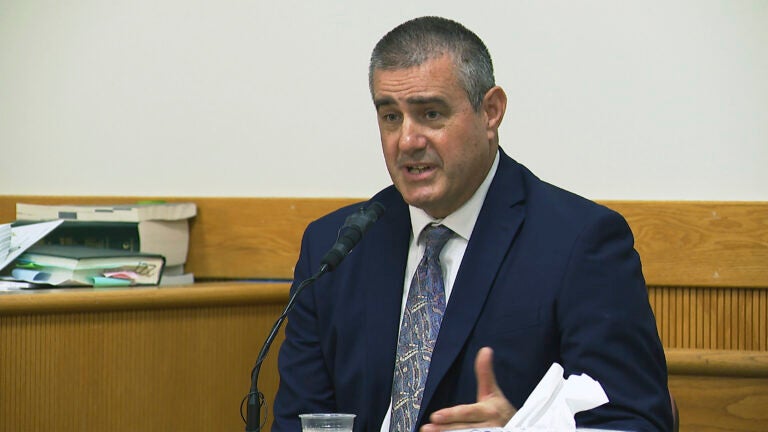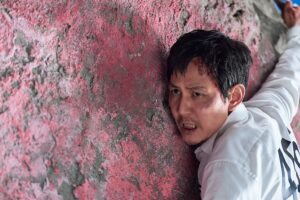
PROVIDENCE, R.I. — A former high school basketball coach in Rhode Island, Aaron Thomas, has been acquitted of second-degree child molestation and second-degree sexual assault. Instead, a jury found him guilty of misdemeanor battery, following a controversial case involving so-called “naked fat tests” conducted on student-athletes over several decades.
The verdict was delivered on Monday after a nearly six-week trial that captivated the local community and drew significant media attention. The case centered on Thomas’s practice of asking male students at North Kingstown High School whether they were “shy or not shy” before requesting them to undress for body fat assessments.
Defense and Prosecution Arguments
Throughout the trial, Thomas’s defense team argued that the tests, while inappropriate, did not constitute criminal activity. Defense attorney John MacDonald stated, “We are very satisfied that the jury saw the case as we saw it, no sexual intent whatsoever.” The defense maintained that Thomas did not derive any sexual gratification from the tests, a crucial element required for the original charges.
Conversely, prosecutors contended that Thomas had developed a program that allowed him to exploit his position and gain access to young boys in a vulnerable state. Attorney General Peter Neronha emphasized the impact on the victims, stating, “Above all else, this case is about the victims who suffered greatly behind closed doors.”
“Pseudo-science is not an excuse for abuse, nor is winning more important than well-being.” — Attorney General Peter Neronha
Legal and Sentencing Implications
Under Rhode Island law, the conviction for misdemeanor battery carries a maximum sentence of one year in prison and a fine of up to $1,000. Thomas’s sentencing is scheduled for June 26. The charges brought against Thomas were linked to incidents involving two former students, one of whom was under 14 at the time of the alleged offenses in 2000 and 2002.
Attorney General Neronha has advocated for extending the statute of limitations for second-degree assault from three to ten years. This change could have allowed for additional charges against Thomas.
Testimonies and Trial Details
During the trial, Thomas admitted to conducting the tests on over 600 students throughout his career, with approximately 80% removing their underwear during the procedure. He acknowledged that the removal of underwear was unnecessary, and experts testified that pinching near the groin to determine body fat was not scientifically supported.
More than a dozen former students, law enforcement officers, and body composition experts provided testimony. The defense questioned the reliability of the testimonies from the two former students involved in the charges, suggesting ulterior motives related to a separate civil lawsuit seeking monetary compensation.
Community and Educational Impact
The case has sparked discussions about the responsibilities and boundaries of educators and coaches in schools. It highlights the need for clear guidelines and oversight to prevent potential abuses of power. The trial also underscores the importance of listening to and protecting students who may feel vulnerable or exploited.
As the community awaits Thomas’s sentencing, there is a broader call for policy changes to ensure student safety and prevent similar incidents in the future. The outcome of this trial may influence how schools across the country address and regulate interactions between coaches and student-athletes.
The case of Aaron Thomas serves as a reminder of the delicate balance between authority and trust in educational settings, and the ongoing need for vigilance to safeguard the well-being of young individuals.




